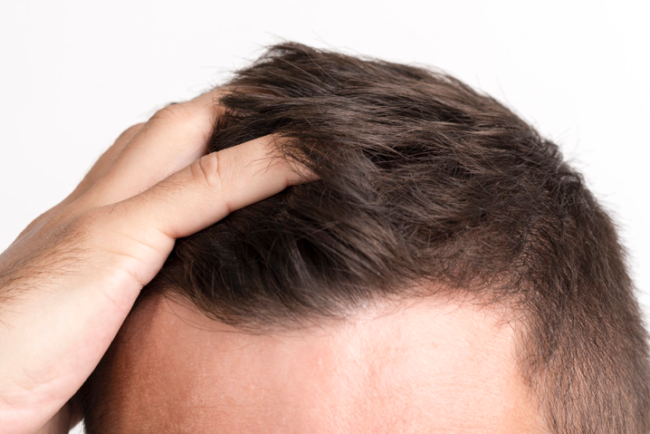
Hair transplant is a plastic intervention which preparation must be taken into consideration.
This period must be well planned especially in terms of communication between the surgeon and the patient. A preoperative consultation takes places, the surgeon examines the patient to analyze the degree of hair loss, he will ask him questions about the treatments he is taking as well as his medical history, if he suffers from certain allergies or diseases…
So, here are some instructions that must be followed before this intervention :
Preoperative nutrition
A balanced diet must be adopted before your hair transplant as it has been shown that malnutrition can be responsible for several postoperative complications such as infection and bleeding. A balanced diet rich in vitamins (excluding vitamin E) is important to ensure a postoperative period with the least possible adverse effects. The nutritional support should be rich in vitamin K which prevents bleeding and in vitamin A/C, both of which play an important role in strengthening the immune system.
Scalp massage before the intervention
Scalp massage is recommended especially for patients with a tense scalp. To alleviate the tension from the removal of the follicular units, the patient is asked to massage by gently stretching the skin up and down with the palm of the hand. The more the patient applies these stretching exercises, the easier the follicular unit harvesting will be.
The day before and the day of the intervention
There are also instructions to follow the day before and the day of the operation so as to ensure the smooth running of the procedure :
-Take a shower the day before the procedure while washing the hair with a soft shampoo.
-The hair shaving will be done in the clinic, it is not necessary to do it at home.
-Get enough sleep.
-Avoid strenuous physical activities the day before the operation.
However, It is absolutely recommended to stop smoking one month before the hair transplant operation due to its impact on the rate of bleeding in addition to other complications that it causes in the postoperative period. It has also been proven that alcohol consumption causes the same complications as tobacco.
The patient must also avoid taking aspirin 6 weeks before the procedure.
The instructions and advice of the surgeon must be followed by the patient.

